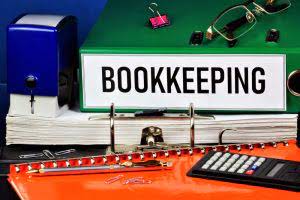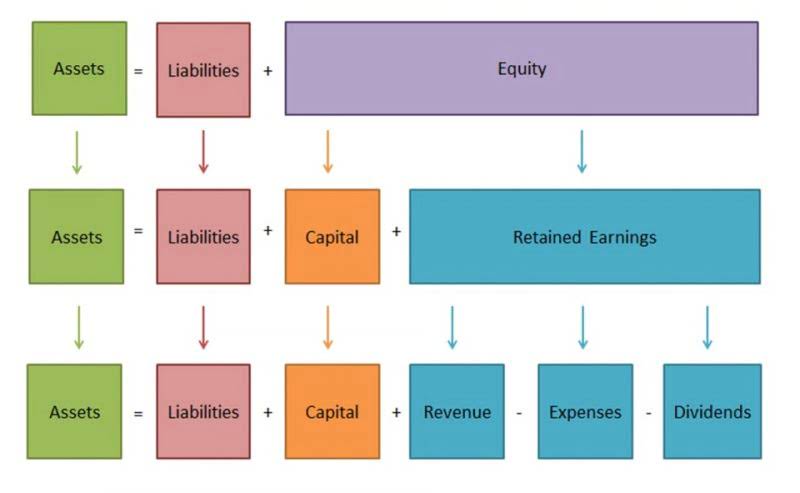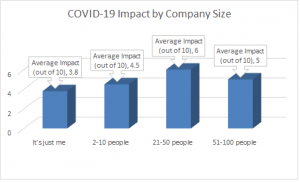
So if you’ve got your sights set on Retail Accounting the top job, then working in accounts could be the first step towards achieving that goal. While, yes, the nature of the financial services sector means your job will be numbers focused, it doesn’t mean that your job will only involve crunching numbers. There are many other skills, capabilities and attributes that employers will be looking for, rather than whether or not you’re a brilliant maths whizz. However, this varies based on location, years of experience, and sector of employment. The accounting industry offers a lot of opportunities to grow and progress in your career.

Is accounting hard in college?

In conclusion, while having good math skills is important for accounting, it’s not necessarily a requirement to be a math whiz to succeed in the field. By developing a solid understanding of basic and intermediate math concepts, you can build a strong foundation for a successful career in accounting. Remember, practice, patience, and persistence are key to improving your math skills, and with the right resources and support, you can overcome any math anxiety and achieve your accounting goals. Your accounting classes themselves may test your math skills somewhat, even if they’re not technically math classes.

Do You Have to Be Good at Math to Be an Accountant?
It uses numbers and set mathematical formulas to get answers to certain questions. For example, if you want to come up with the balance sheet of a company, you will always follow the same steps and use the same mathematics formulas. In that sense, accounting is an extremely precise and clear cut subject. You don’t necessarily have to excel at math to be an accountant, but you should be comfortable working with numbers. In fact, 22 percent of accountants surveyed reported that working with numbers was what gave them the most job satisfaction, according to Robert Half.

Forensic Computer Analyst: Salary and Career Outlook
- It’s important to have a methodical approach to calculations and fixing errors.
- Experts seem to agree that a lack of confidence in math shouldn’t stop you from pursuing an accounting degree if you have good basic skills and a willingness to review and solidify those skills.
- To improve accounting skills and gain a competitive edge you can go for courses like, financial accounting, managerial accounting, cost accounting, tax accounting and auditing.
- For some, math anxiety can be a significant barrier to success in accounting.
- In colleges and universities, the accounting major is offered as a business degree program, not a math degree.
- You’ll need to be able to spot anomalies and analyse why they could be there, and report to the business your findings.
I started as a strategist writing reports on the company’s financial and restructuring proposals. I spent most of the time communicating with clients and other stakeholders, negotiating the turnaround terms and overall restructuring deal. Over the years, I have worked across multiple companies in various industries, ranging from resource management to a large construction business.
What level of math is needed for accounting? (
Be sure to stay up to date by reading industry reports sent by your company’s banks and consultants. In 2016, at the age of 19, I graduated with a Bachelor of Business with a major in accounting from Kaplan Business School. By that time, I had already begun my career by co-founding a startup with my business partner and working do you have to be good at math for accounting in the corporate world. The laws and regulations that impact your work as an accountant will always be revised. You need to keep up to date with any regulation changes by leveraging technology, reading industry publications or attending industry-leading seminars or webinars.
- Below we discuss some of the top accountant skills that contribute to the professional growth and advancement of an accountant.
- There are also other jobs which are fantastic starting points for anyone wishing to enter the financial services sector, such as Accounts Payable or Receivable Clerk, or Bookkeeper.
- Accountants need good interpersonal skills that allow them to interact professionally and diplomatically with coworkers and clients.
- And just because some parts of an Accountant’s job can be automated, that doesn’t mean that Accountants will become replaced by robots.
- In 2025, strategically upskilling and learning essential skills will significantly enhance your career prospects.
- They are strategic analysts who examine financial records and identify any discrepancies.
- They may compute and prepare tax returns for individuals or handle the financial reporting needs of businesses.
- Like students in other majors, students of accounting must complete their college’s general education requirements, which usually include at least one or two math classes.
- Accountants need to keep financial information and other sensitive data organised to reduce the risk of errors and be able to reference information efficiently.
- If you’re considering a career in accounting, you may wonder what specific maths skills are needed to excel in this domain.
- Accounting programs usually require business and management courses as well as statistics.
How much skill in mathematics you need to be an accountant is a somewhat different question. If you want to work in accounting, math will be a part of your career and, in fact, your daily life. You can’t avoid math entirely in most areas of business, but you will likely use more math as an accountant than you would in a role like human resources specialist. It’s been a highly rewarding career path, and I greatly enjoy working with Certified Public Accountant a range of clients in diverse industries, from industrial tree cutting businesses to NDIS companies. While the work can sometimes be complex and challenging, it is incredibly fulfilling to assist companies in navigating difficult situations and helping them secure a second chance at success. My role at AVA Advisory falls into two areas which are insolvency-focused advice and general business consulting.